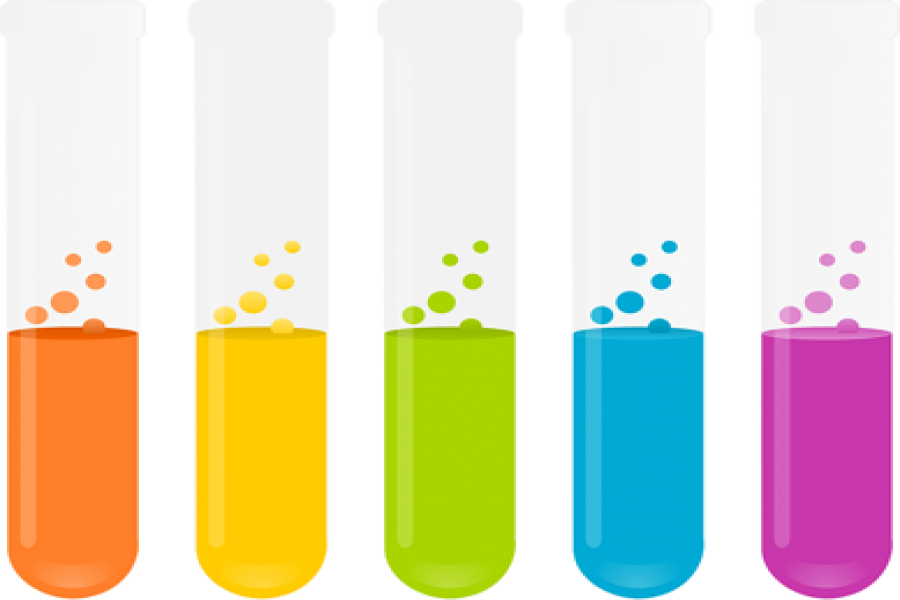
Published :
Updated :

The cabinet's approval of the draft for the "Designated Reference Institute for Chemical Measurements, Bangladesh Act, 2020 is a move forward towards turning the reference institute into a world-class facility to gauge chemical application in foods and other commodities. Isn't it rather surprising that the draft law has taken such a long time to be placed for cabinet approval? The designated reference institute was inaugurated as early as June 10, 2012 but the law governing its functions could not be furnished during the past seven years. Both adulteration and use of chemicals or their treatment of foods, fruits, vegetables and consumer goods such as toiletries have severely affected public health in this country. The latest controversy over presence of harmful chemicals in milk -both collected from open source and pasteurised packets -seems to have been buried without clearly informing the public of the quality of milk. The various testing facilities of repute claimed none of the milk samples obtained was safe for human health. But then a Chennai test is said to have given a clean chit to the samples of milk sent there for testing.
Evidently, the public was not convinced and consumption of milk has registered a drastic fall. But milk is not the only food item under the public scanner. Discerning people think twice before purchasing fish, fruits, vegetables and even toiletries. In case of the last items of foreign brands, the overriding concern is if the brand is genuine or spurious. But so far as the food items are concerned, doubt lingers. People become even more suspicious as tests carried out often find dubious means employed to ensure fattening cows, super fast growth of cultured fish, application of chemicals and pesticide either for better and faster harvest of corns, fruits and vegetables. Fruits are ripened with chemical treatment. Even mustard oil is produced from soyabean oil with chemical ingredients and ghee is similarly produced and scented with the application of chemicals.
When such malpractices are rampant in the country, a designated institute well-equipped to measure the presence of chemicals should have been in place long ago. Unfortunately, monitoring of such bizarre and criminal practices was next to nothing. Had this been the case, the source of such products should have been brought under surveillance not just the items in the market. Dishonest manufacturers and traders have made the most of this production and marketing regime.
Although belated, the Designated Reference Institute for Chemical measurements, Bangladesh Act, 2020 can still serve the nation well if it is speedily passed in parliament. The main challenge, however, will be the furnishing of the reference institute with all the sophisticated machines and equipment so that it can precisely detect chemicals at the micro level. Micro grams of chemicals varying just slightly in foods can cause diseases like cancer. The latest is the nanotechnology that can give a clue to the danger posed by the minimum possible chemicals present in consumer goods. The institute hopefully will acquire this technology as well.


 For all latest news, follow The Financial Express Google News channel.
For all latest news, follow The Financial Express Google News channel.